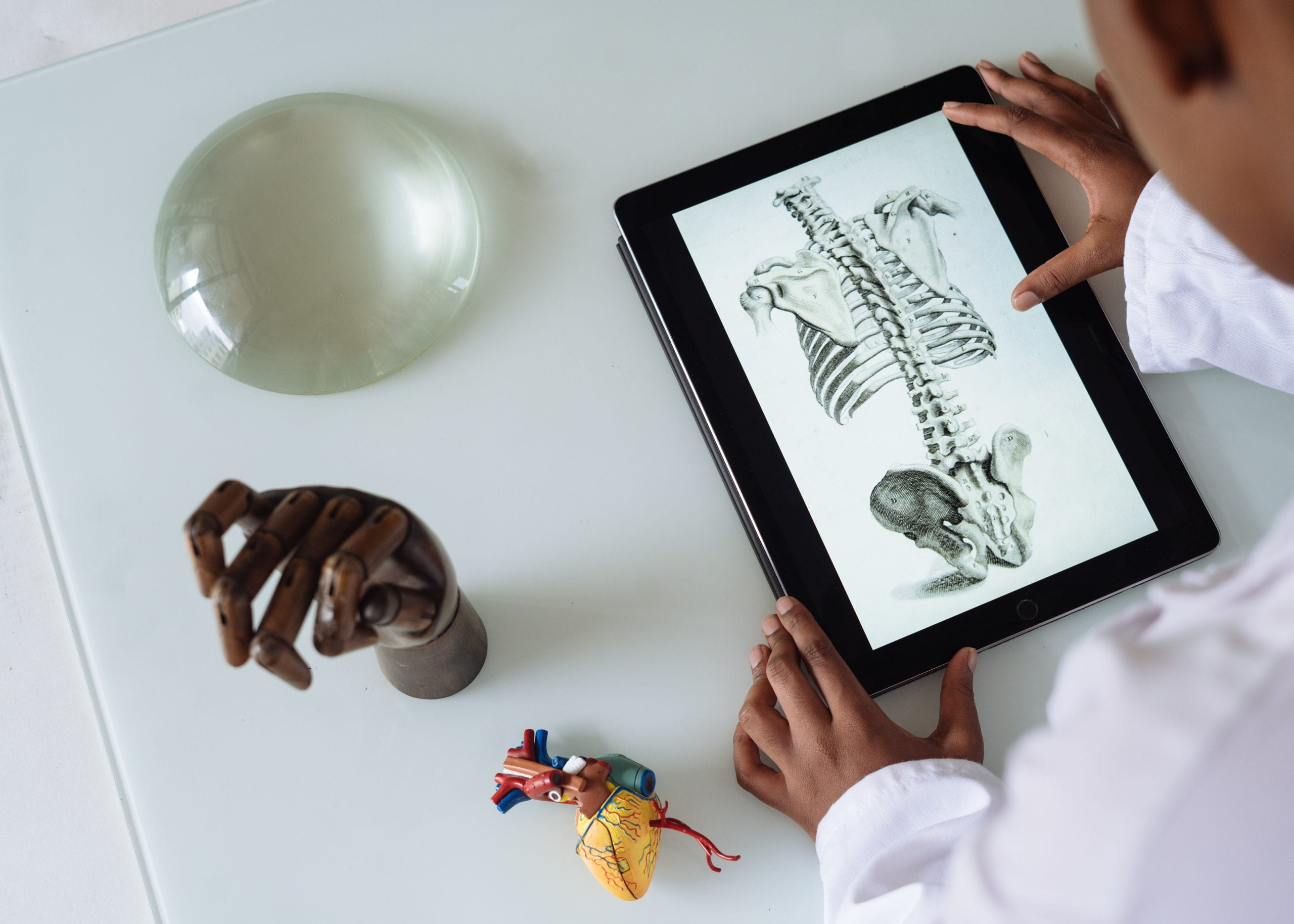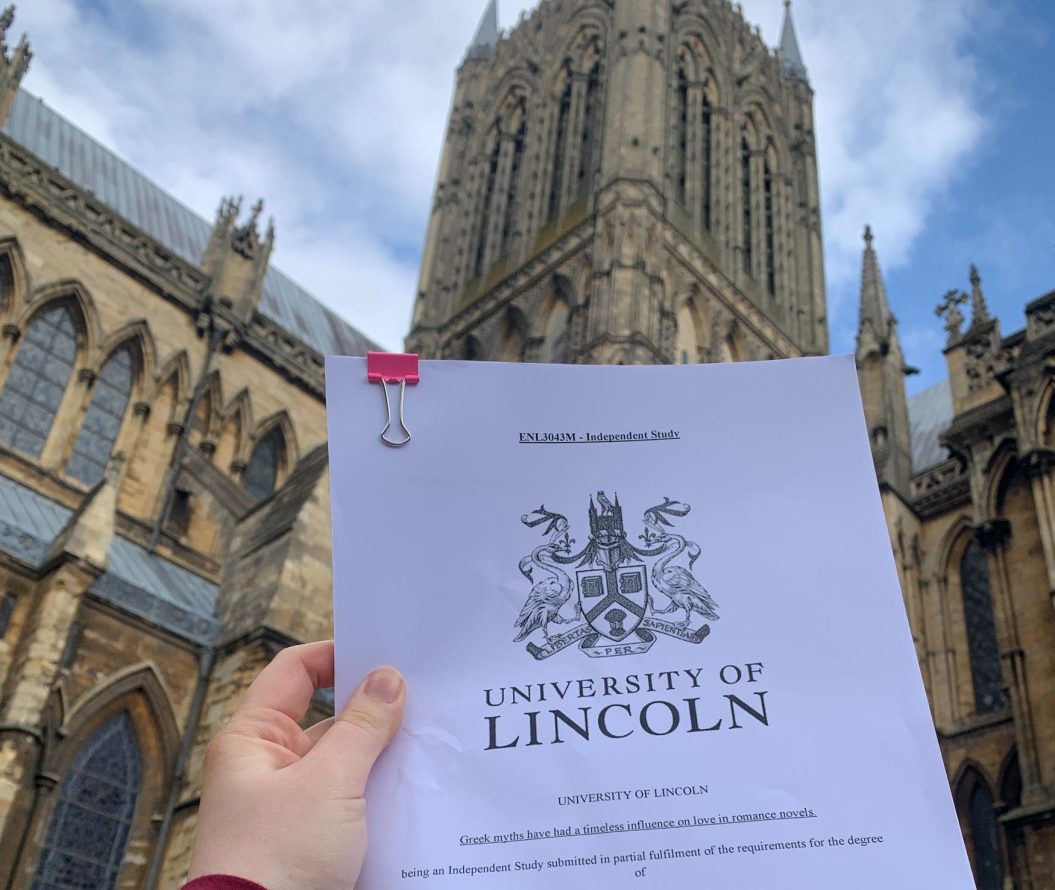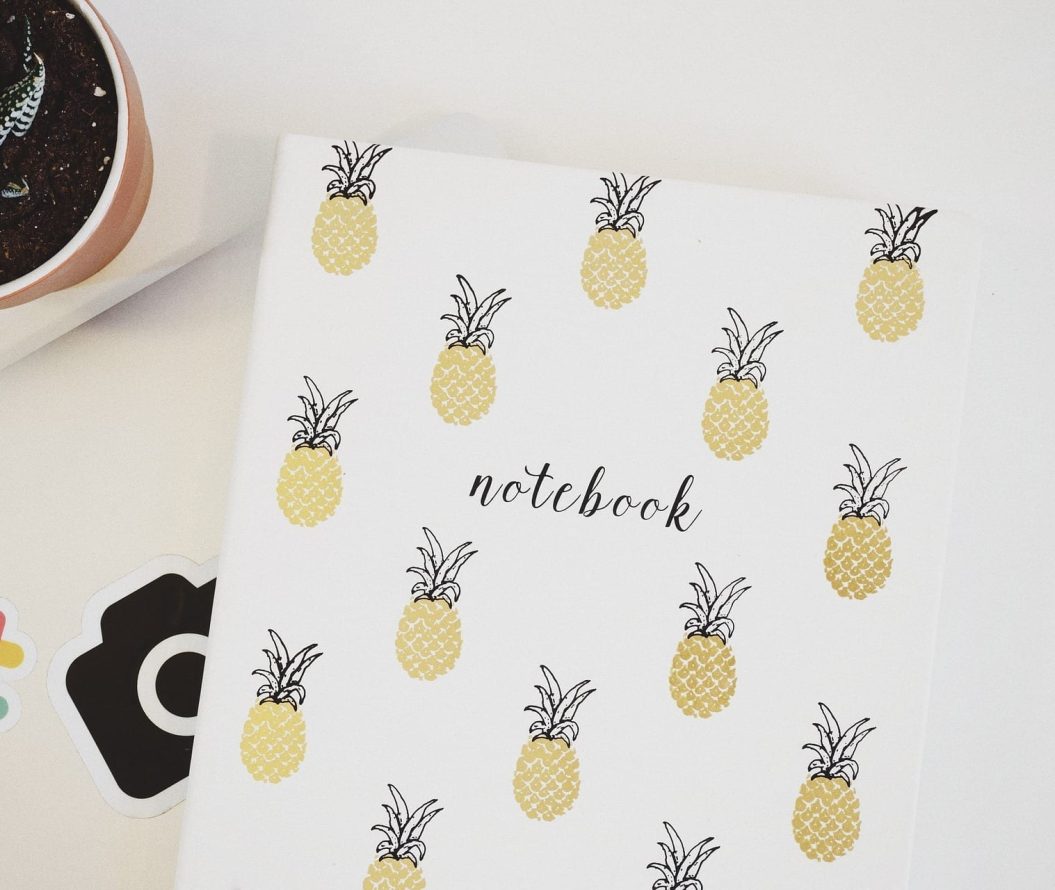
Study Guide for Medical Students
The workload in medicine is huge and can seem overwhelming at times, so finding effective and efficient ways to study is crucial to tackling this. I am now in my 5th year and it has taken me a long time to discover the best ways to study. Here are some tips I have learnt which will hopefully save you some time!
Anatomy
Anatomy is usually covered within the first year, and looking back on my first year I wish I had spent more time learning it well the first time, as it is so helpful when you come to learn about conditions in the future. When studying anatomy, there is no limit! You can go into as much detail as you wish, in my experience I would advise you to not overdo it – just get the basics and then read up on anything extra if you have time.
I would recommend getting just one anatomy book, the one I got was “Moore’s Essential Clinical Anatomy” which was more than sufficient. Make your notes as concise as possible and use flash cards to help you memorise.
Flashcards
I find flashcards are one of the best ways to memorise information. However, I would recommend using online platforms to make these such as “Ankpro”, as handwriting them can become very time-consuming. Ankipro creates an algorithm specifically for you based off of how well you know each card which I find really useful.
Questions
Question banks are the best way to practice applying your knowledge. Passmed and Quesmed are 2 examples of different online question banks. They contain thousands of questions in a similar layout to our final exams. You do have to pay for these, but I would say that just one is sufficient. I personally prefer Passmed.
Material
Now in the clinical phase of the course, I organise my work correlating to the conditions we need to learn, which are listed on the MLA map (medical licencing assessment). I used to only use Moodle, however now I make my notes using a combination of online resources such as “Zero to finals”, “Passmed”, and “Quesmed” – I then check I haven’t missed anything on Moodle.
Zero to finals is an amazing resource (and it’s free!), it provides a concise and clear explanation of nearly every condition we need to learn. During the earlier years of the course, I solely used Moodle material which was sufficient at the time, but moving into the clinical phase I would recommend using extra materials.
OSCE’s (Objective Structured Clinical Examinations)
Practice examinations with your friends and families to help you learn and to help you get used to examining people. It can feel unnatural at first, but the more practice you have, the easier it will become.
The spiral curriculum means that content covered in the early years will be repeated in future years but with additional material, so take reassurance that you will recover content. If you keep your flashcards and questions ticking over you will be absolutely fine.



